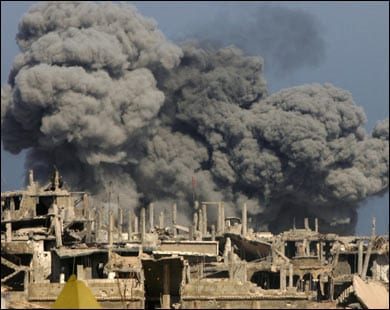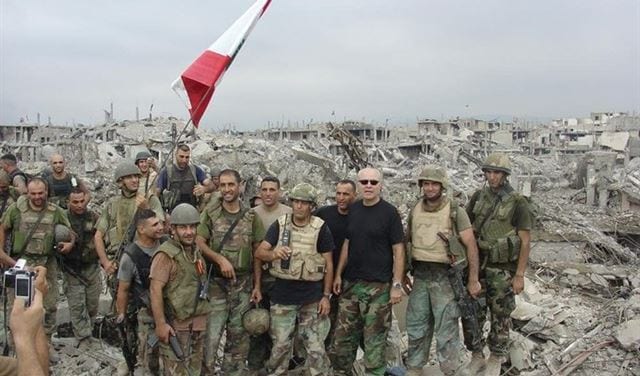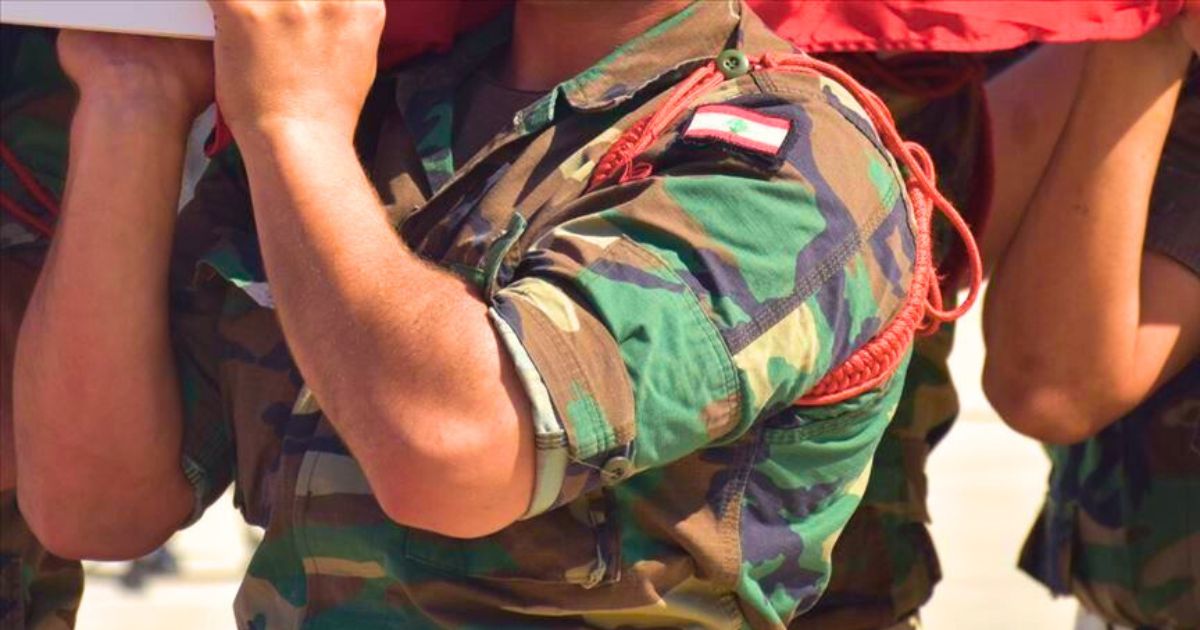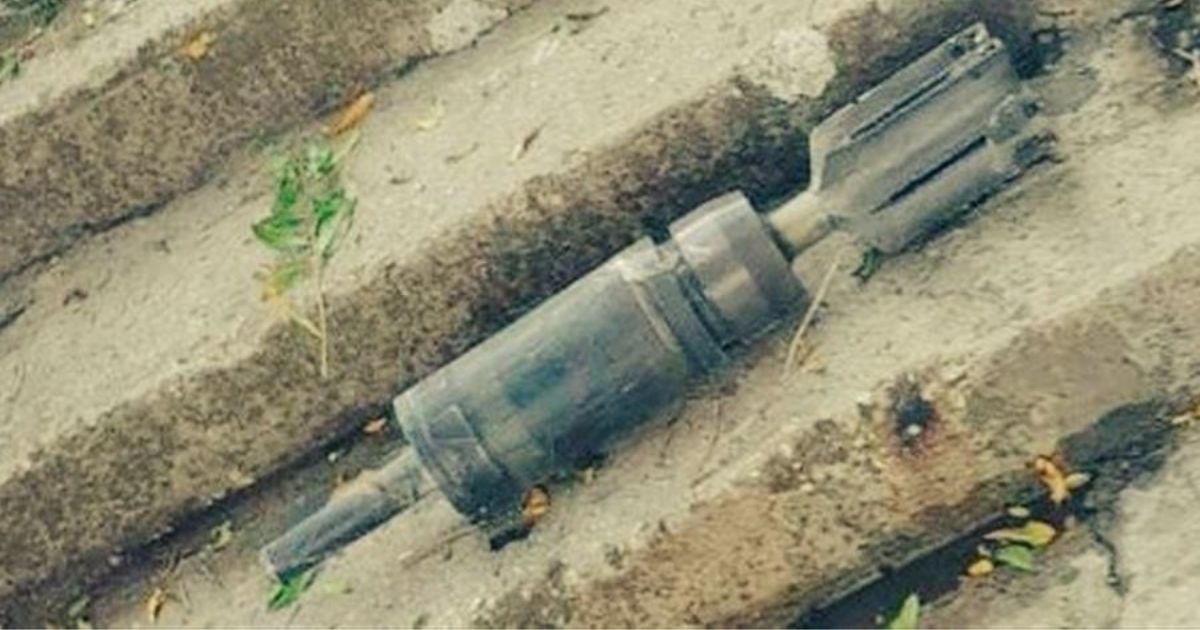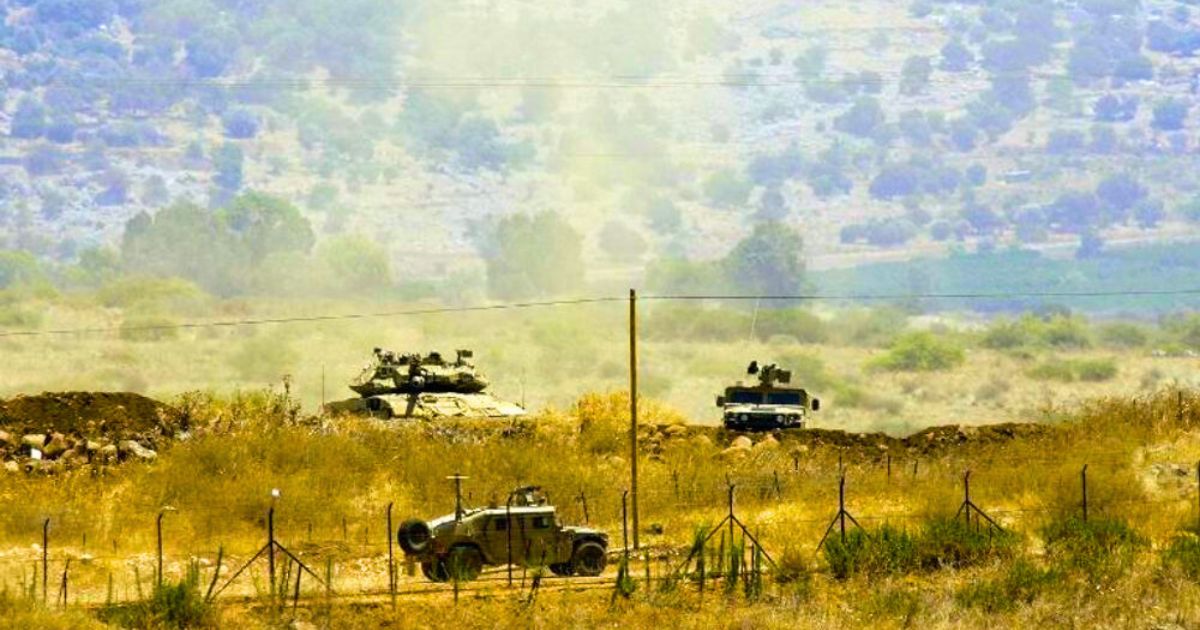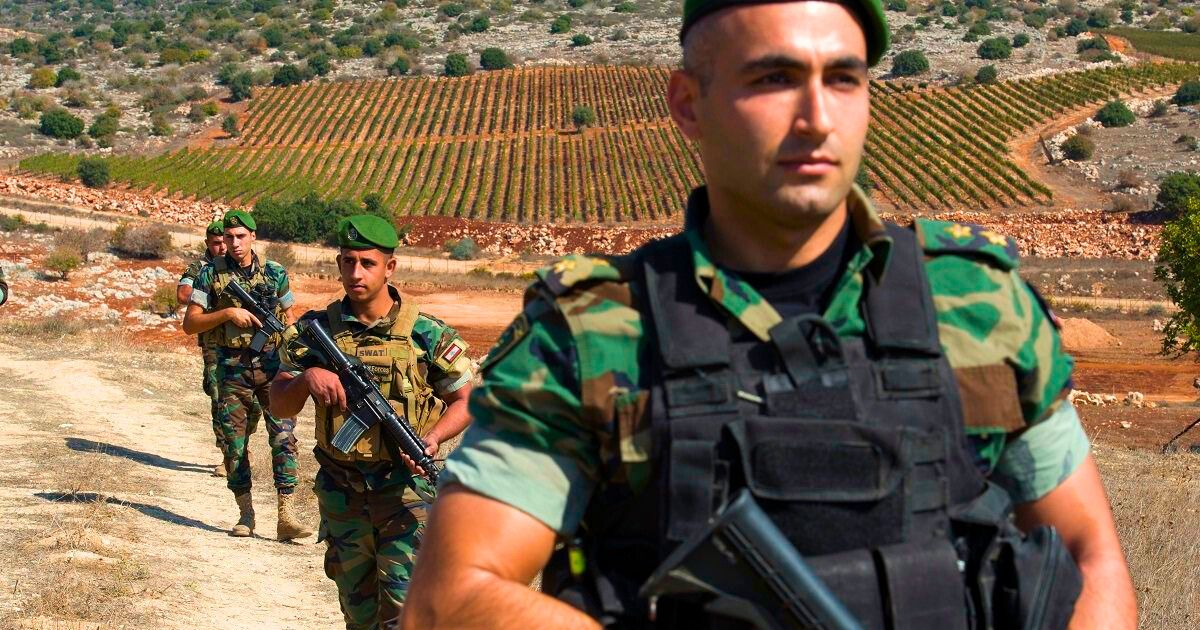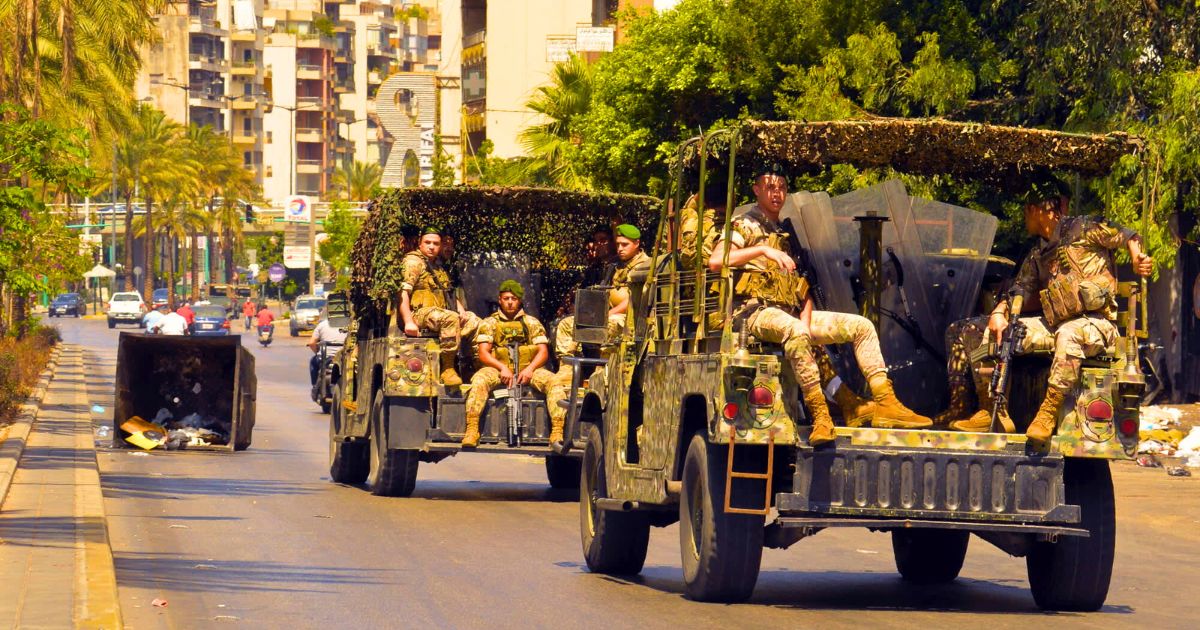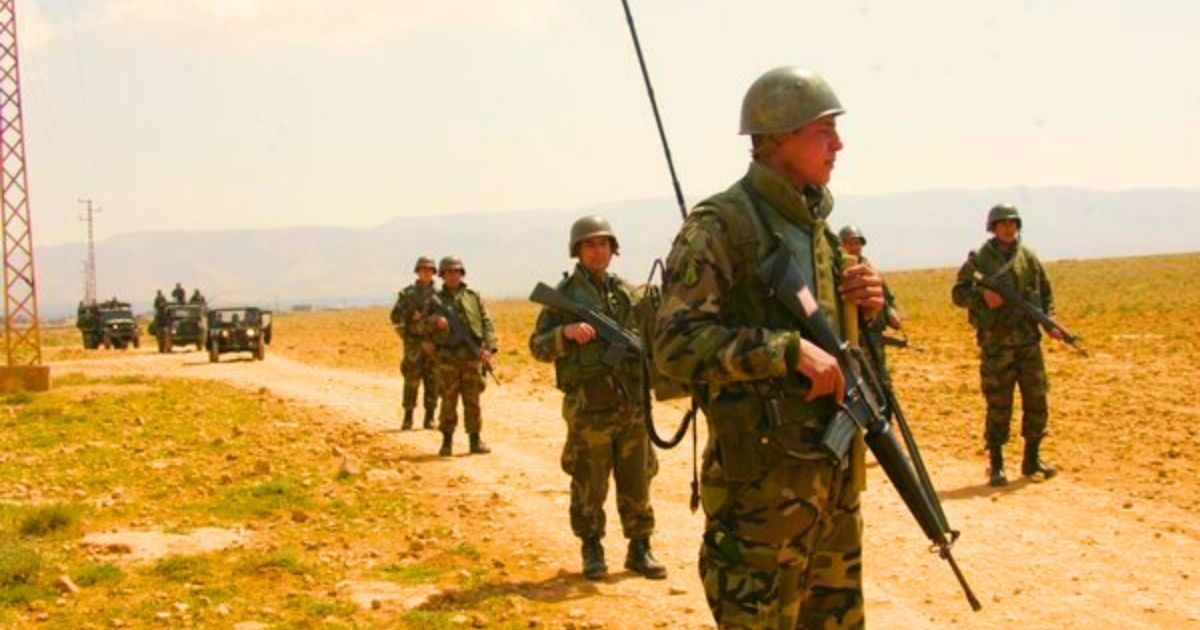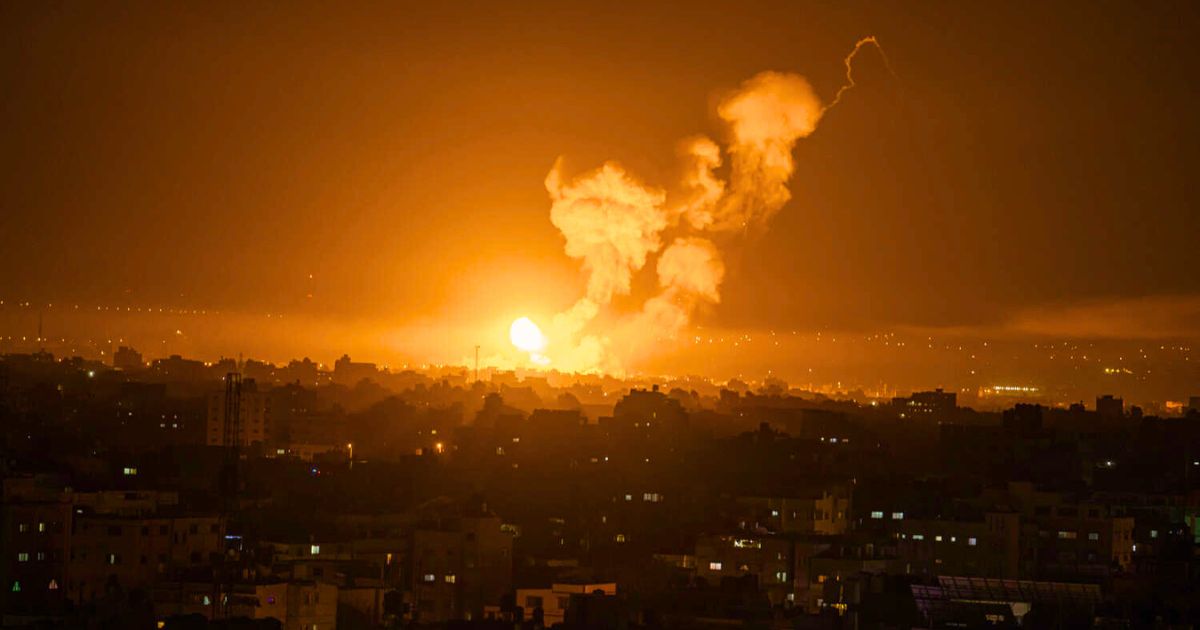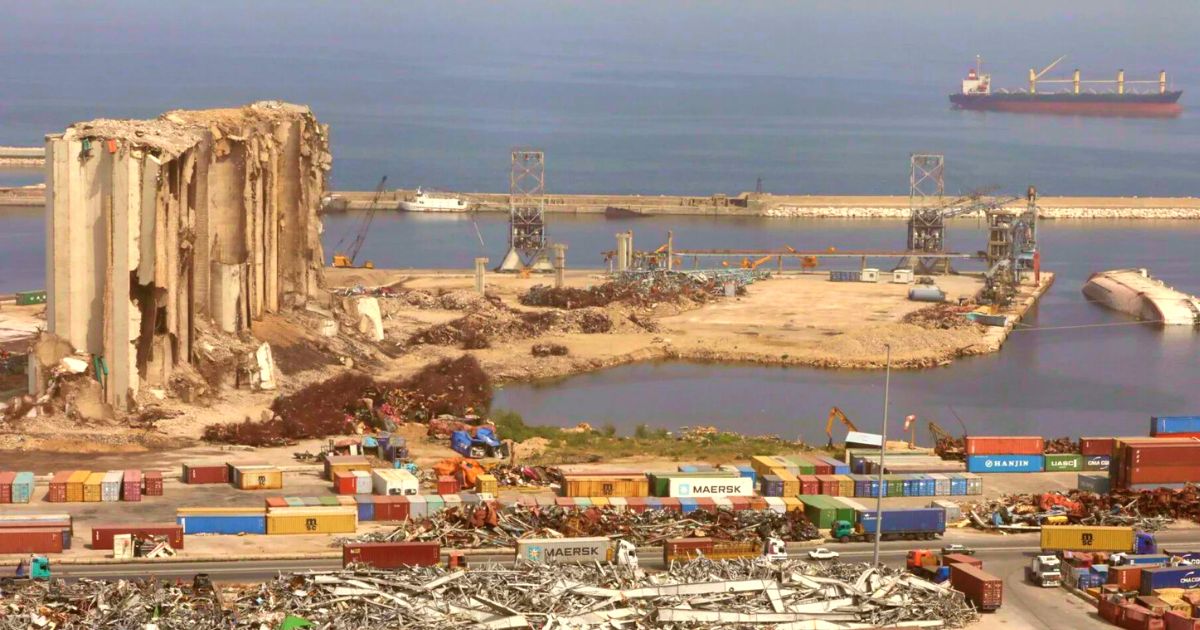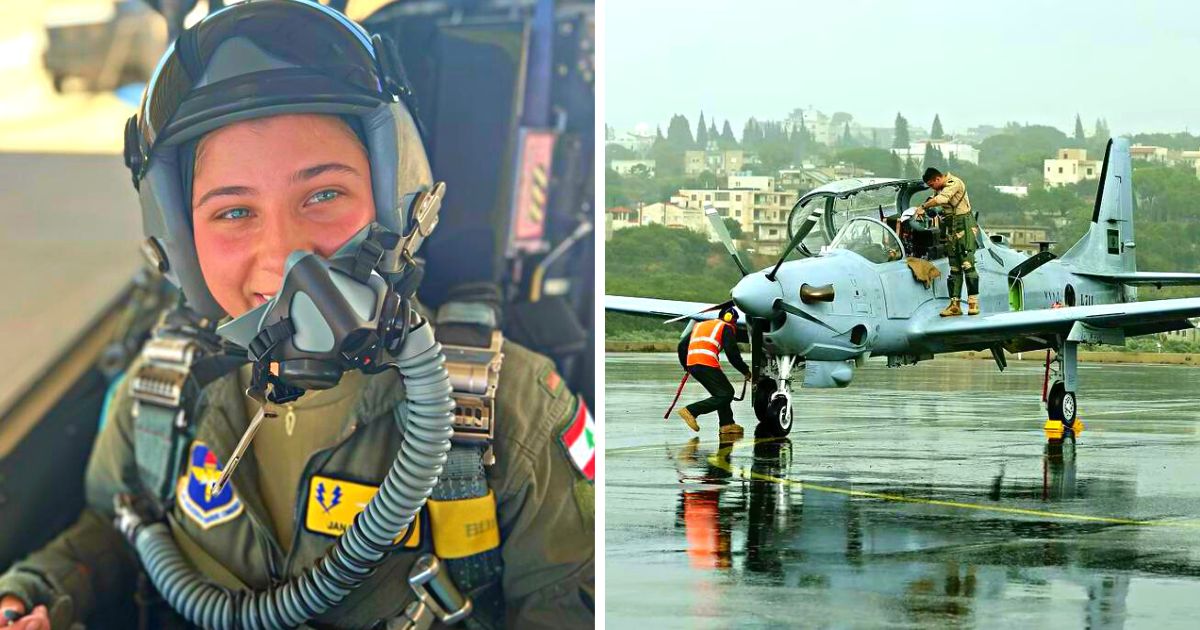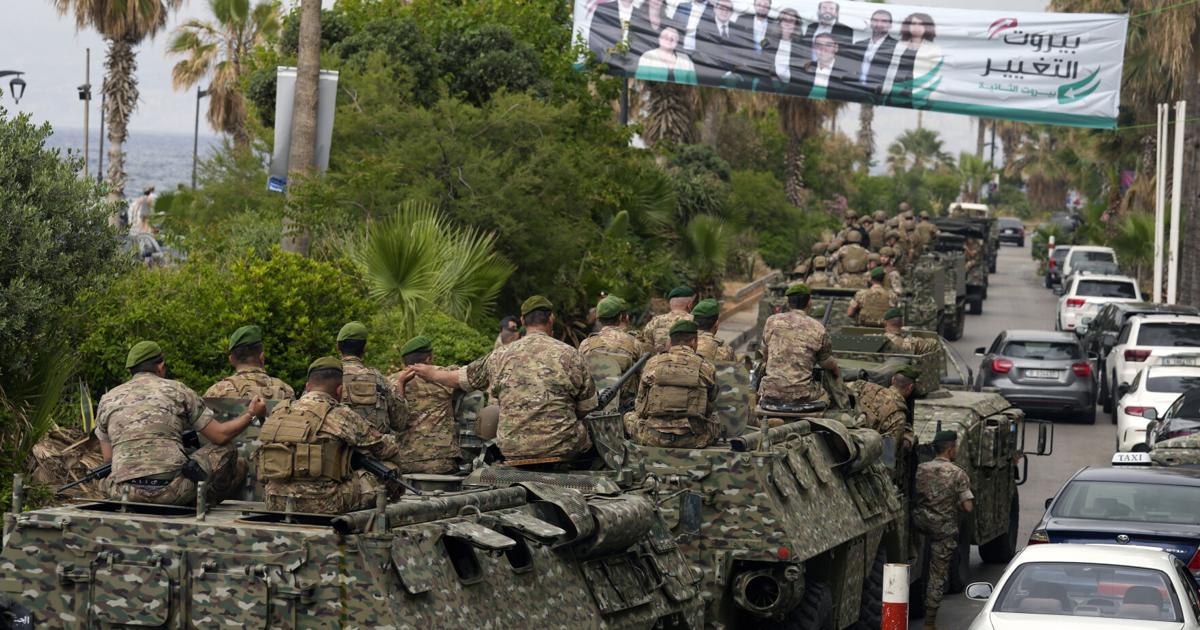For the past 7 decades, and throughout the numerous conflicts that Lebanon has faced, the Lebanese Army has remained the unchanged staple of coexistence and the ultimate symbol of patriotism and heroism.
During 75 years, the LAF has offered countless numbers of martyrs and wounded personnel on the altar of the country. Our land was baptized with their pious blood, and their heroic acts have defended our borders, and, for that, they will remain immortal and glorious.
General Joseph Aoun
Lebanese Armed Forces Commander
Yarzeh, July 29th, 2020
Saturday, August 1st, marks the 75th anniversary of the official establishment of the Lebanese Armed Forces.
Although the public health emergency will not allow the annual parade to take place, a grand virtual concert will still take place to celebrate the honorable institution.
Meanwhile, to mark this important day, we have compiled five of the Lebanese Army’s most notable milestones and operations in the past 75 years.
#1 The day it was born
Before the combined efforts of Lebanon’s officials, public, and military resistance members earned it its final independence from France in 1943, Lebanese military units were merged into one brigade, the Fifth Brigade.
The forces were then placed under the command of General Fouad Chehab.
On November 22nd of that year, the day of independence, the Lebanese government took control of the Lebanese Third Sharp Shooters Regiment.
However, this was only one regiment and, even after independence, the majority of the to-be Lebanese Armed Forces remained under the control of the French Army.
By the beginning of the following year, the government had already begun negotiations with the French to be given full control over Lebanese troops.
The talks went on for a little less than a month before the joint French-British Command finally decided to place all Lebanese forces commanded by France under the authority of the newly-born independent state.
3,000 units were subsequently handed over by the French Army and, on August 1st, 1945, at 00:00, the Lebanese Armed Forces was officially placed under the full authority of the Lebanese National Government.
This historic event – which was declared Lebanese Army Day – is what Lebanon is celebrating for the 75th time on Saturday.
#2 The first operation
Although it remained relatively underdeveloped in its early years, the Lebanese Army engaged in its first major combat operation around 3 years after its foundation.
In 1948, Lebanese troops attacked the Israeli forces that had taken control of Malkieh, a Lebanese village in the northern Galilee.
The Army successfully regained control of the village after a fierce offensive that cost the enemy, according to some accounts, over 120 casualties.
However, before long, the Lebanese Army found itself in an unenviable position when Israeli forces retaliated with a surprise flanking maneuver that forced the Lebanese units to retreat.
Immediately after, the Army started planning to recapture the village. Accompanied by 10 armored vehicles and engineering units, the Third Sharp Shooters Regiment was tasked with attacking the Israeli positions in Malkieh.
The advancing Lebanese troops flanked and jolted the enemy, attacking from the east and west simultaneously, under the cover of the armored vehicles’ suppressive fire, and began to storm Israeli positions in the village late on June 5th.
By the next day, the Israeli forces were already pushed out of Malkieh after having set ablaze their stored ammunition and fuel.
This was preceded by a quick Israeli counter-attack that was successfully foiled by the Lebanese Army, which proceeded to advance toward neighboring enemy positions after successfully retaining control of the village.
#3 A call from abroad
It might initially seem strange to realize that the Lebanese Army has conducted a mission in Africa, as far away from home as 4,374 kilometers.
But this is exactly what happened in December 2003 when the elite Marine Commandos unit dispatched a number of its personnel to Benin to perform a search-and-rescue mission.
The mission was to locate the two black boxes of UTA Flight 141, which had tragically crashed into the Bight of Benin, killing 139 of the 161 people aboard, over a hundred of whom were Lebanese.
During Operation Benin, also referred to as Operation Cotonou, the commandos were also tasked with recovering the bodies of the deceased. It was the first operation to be carried out by the Lebanese Armed Forces outside Lebanon.
The elite team, equipped with a variety of devices and vehicles, dove as deep as 600 meters into the water, which had at that point become mixed with jet fuel, and searched for the black boxes.
They also scanned the depths and the surface for bodies and pulled them back to shore.
The special forces unit concluded its mission after 4 days in Cotonou and returned to Lebanon on December 30th, having successfully retrieved the two black boxes and some of the victims’ bodies.
Following the mission, it was deduced from the evidence that the plane had crashed, shortly after taking off, due to being overloaded.
#4 Victory by ingenuity
Fellow soldiers,
The Army remains equidistant from all parties in the country and avoids narrow sectarian interests while protecting the unique Lebanese formula that is based on coexistence.
General Joseph Aoun
Lebanese Armed Forces Commander
Yarzeh, July 29th, 2020
The notorious 2007 conflict that erupted between the Lebanese Army and the militants of Fatah Al-Islam is one of the Army’s most significant and brutal standoffs with terrorism.
As a police unit raided, on May 20th, a house in Tripoli that was being used by Fatah Al-Islam militants, insurgents opened fire at the security forces, who, in turn, returned fire.
The incident caused significant unrest and provoked clashes in the vicinity of the Palestinian refugee camp, Nahr Al-Bared, near Tripoli, as well as in other Lebanese areas, though less intensely.
Amid the growing chaos, a group of militants snuck into a Lebanese military post near the camp, killing 27 soldiers in their sleep and murdering a number of civilians who had rushed to the soldiers’ aid.
What followed was a formidable siege of Nahr Al-Bared in which the Lebanese Army blocked the entrances to the camp and proceeded to bombard it after the militants refused to agree to a proposed cease-fire.
The Army initially had no intention to enter the camp itself but was determined to eliminate the insurgents and destroy their positions on its outskirts.
The violent conflict, which involved 7 separate attacks by the Lebanese Army, continued for over 3 months with the most intense internal fighting since the Lebanese civil war of 1975-90.
During the conflict, the militants were given the option to surrender and end the fighting more than once, but to no avail.
Wasting no time, the Army continued to shell the terrorists’ positions, successfully ending their presence on the outlying areas of the camp by June 21st.
As they were gradually pushed into the center of the camp, the militants booby-trapped the ruins behind them, causing the Army a significant deal of casualties after it decided to penetrate the camp to end the conflict.
Temporarily slowing down to diffuse some dozens of booby-traps on the way, the troops continued to push fiercely into Nahr Al-Bared, supported by heavy artillery fire.
One ingenuity that facilitated the Lebanese Army’s progress toward victory was its Engineering Corps’ conversion of UH-1 helicopters into bombers. They were made able to drop 250 kg and 400 kg bombs on the militants’ bunkers and hideouts.
As the Army launched its final offensive on August 30th, the militants’ cries for a cease-fire, to transport tens of wounded men, began to echo.
However, the Army did not answer their calls and continued to pound their positions.
By September 7th, the Army had successfully ended the bloody conflict with a decisive victory over the insurgents. Many of them were killed or captured, including a significant number of those who attempted a last-ditch escape.
The celebrated victory, for which the Lebanese Army received international praise, did come at a cost, of course.
A total of 155 brave Army commandos and infantrymen made the ultimate sacrifice during the battle. The soldiers gave their lives to ensure the safety and security of their people.
#5 Reclaiming Lebanese territory
The Lebanese Army had been deployed on some Lebanese areas near the border with Syria since the outbreak of the Syrian civil war.
Sensing the imminent threat, the Army sent out troops to Tripoli, Arsal, as well as other areas on Lebanon’s mountainous eastern border with Syria.
Initially, the forces were only deployed to maintain security, not to engage in direct conflict. But this would soon change.
In June 2014, ISIS and Al-Nusra Front terrorists invaded the village of Arsal, momentarily capturing it. A few months later, in August, Al-Nusra militants attacked Lebanese Army checkpoints and took over the northeastern part of Arsal.
In response, the Lebanese Armed Forces launched a counter-attack that lasted for 5 days and resulted in the reclamation of the village.
From then on, the Army would continue fighting with these groups, which were able to capture patches of Lebanese territory in several instances.
Nevertheless, by June 22nd, 2016, the Lebanese Army restored the majority of the territory that had been occupied by the terrorists. Numerous militants were killed by Lebanese troops in the process.
On-and-off fighting continued after August 19th, 2017, when Commander of the Lebanese Armed Forces General Joseph Aoun launched “Operation Fajr Al-Jurud,” (Dawn of the Outskirts) to liberate the outskirts of Ras Baalbek and Al-Qaa, both of which were held by the Islamists.
Foiling several suicide attacks, the Lebanese forces hammered the terrorists’ positions with heavy, concentrated artillery barrages, missile attacks, and/or precision helicopter strikes on an almost daily basis.
Army officials said that throughout the offensive, many militants were abandoning their posts, en masse, with significant numbers fleeing the battlefield.
By the end of August, the Lebanese Army had successfully regained control of all Lebanese territory from terrorists, for the first time since the Syrian civil war’s spillover into Lebanon started.
The long fight against terrorist militants, who were responsible for the death and injury of numerous civilians in Lebanon throughout the Syrian war, came at the cost of many brave soldiers.
With that said, the Lebanese Army is no stranger to sacrifice, bravery, and victory, having proven fierceness in protecting the country and its people against the fiercest of enemies.
It is, after all, an essential part of its motto: “Honor, Sacrifice, Loyalty,” for all of which the Lebanese people gratefully salute their troops on this day; those who have fallen and those who stand and fight mightily for their homeland.
To all of them, the very least we can say on their day is: Thank you Watan for your Honor, your Sacrifice, and your Loyalty. You make Lebanon very proud.





